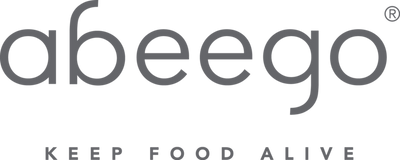Keep Food Alive Blog
Enjoy fresh, green avocados for longer with Abeego. Our natural wraps keep avocados vibrant and delicious.
Choose thoughtful stocking stuffers with Abeego. Practical and budget-friendly, they’re gifts your loved ones will actually use.
Keep holiday prep stress-free with Abeego wraps. From fresh platters to last-minute gifts, simplify the season with these easy, practical tips.
I’ve realized there’s no shame in changing course. Abeego’s future isn’t certain, but I’m not ready to give up just yet.
Make gifting easy with Abeego’s kitchen essentials. Practical tools for fresher, longer-lasting food to bring joy and simplicity to their kitchen.
DIY beeswax wraps are the hassle to skip this holiday season. Trust us, Abeego started in Toni’s kitchen and it’s a mess you don’t need.
Say goodbye to food waste! Abeego helps you rotate and preserve food like a pro. Freshness, peace of mind, and zero mystery leftovers await!


